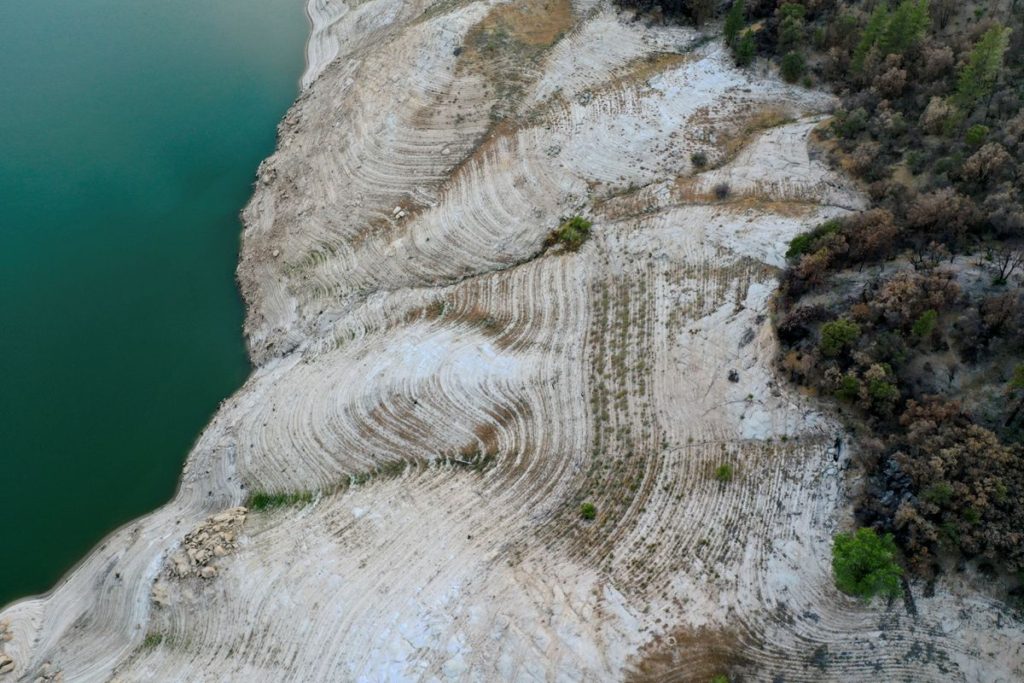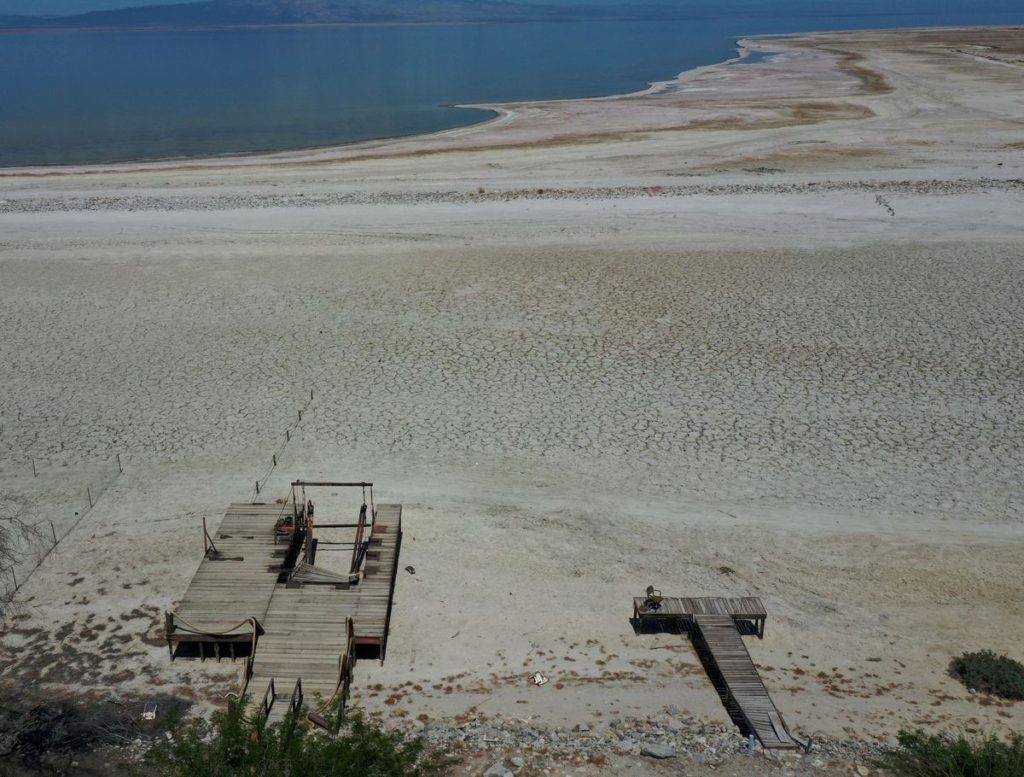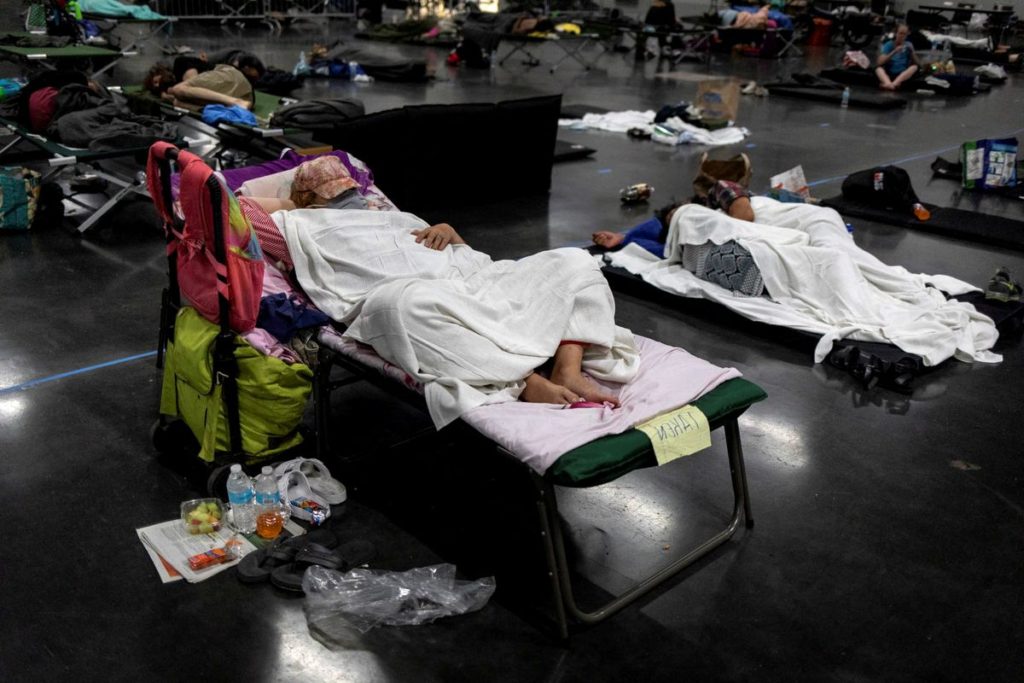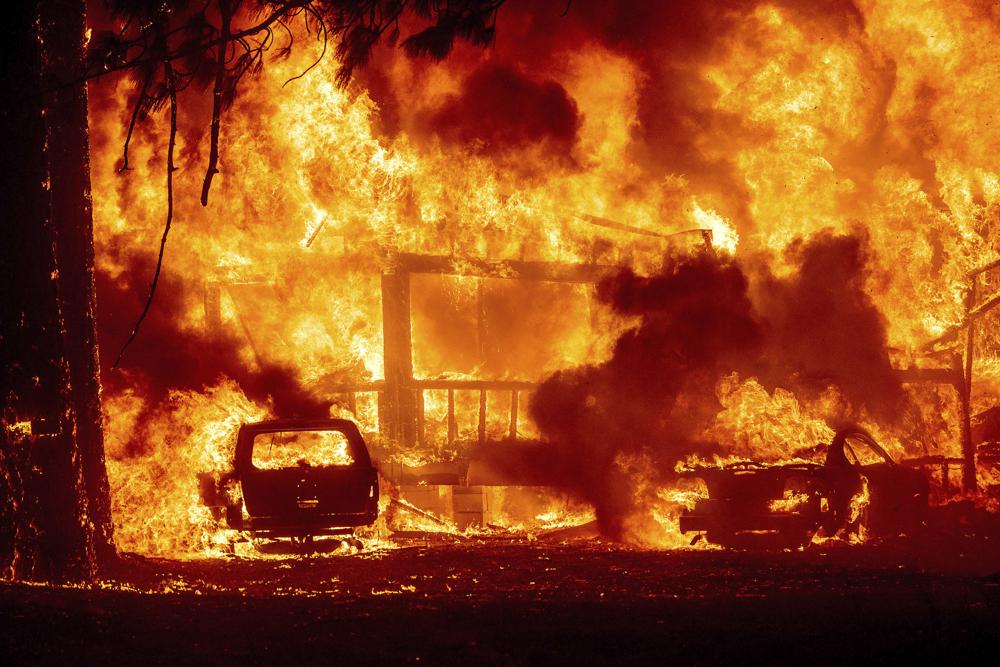California calls for power conservation as new 2021 heatwave looms

8 July 2021 (Reuters) – California’s power grid operator on Thursday issued a “flex” alert for Friday, asking consumers to conserve energy from 4 p.m. to 9 p.m. as high demand driven by extreme heat could trigger a capacity shortfall on the state’s electric grid.
If the grid is still unable to meet power needs and other tools for emergency conditions also fall short, the California Independent System (ISO), the grid operator, said in a statement that it could order utilities to implement rotating power outages, “although that is not anticipated at this time.”
The ISO on July 1 said it would procure additional power capacity again this year as California reels from a heatwave.
A heatwave that gripped parts of the United States and Canada last month strained power grids in California and Texas, sending power prices in some regions soaring to their highest level in months. read more
California calls for power conservation as heat wave looms

Pacific Northwest heat wave ‘virtually impossible’ without climate change
By Andrea Januta
8 July 2021
(Reuters) – The suffocating heatwave that killed hundreds of people across the Pacific Northwest last week would have been “virtually impossible” without climate change, a study has found.
Reporting the first research attributing the event to climate change on Wednesday, scientists said climate change had made such a heatwave in the region 150 times more likely.
The scientists estimated the extraordinary temperatures were a one-in-a-thousand-year event, though noted this was difficult to quantify given the unprecedented heat in early summer.
But if current greenhouse gas emissions continue, an event so extreme could start occurring every five to 10 years by the 2040s, they warned.
“People need to realize that heatwaves are killers, and they are by far the deadliest extreme event,” said co-author Friederike Otto, a climate scientist at the University of Oxford and co-leader of the World Weather Attribution, an international scientific collective that published the study.

The research by 27 scientists is still awaiting peer review but uses peer-reviewed rapid attribution methods to produce findings quickly after extreme events.
“Heatwaves are really changing so much more and so much faster than all other extreme events,” Otto said. “Heat preparation and preventing death during heat waves need to be a No. 1 priority for every city authority.”
The heatwave gripped parts of the United States and Canada for days at the end of June, smashing records in dozens of cities. Power lines melted in the heat. Roads buckled. Canada thrice broke its national temperature record, peaking on June 29 at 121 Fahrenheit (49.6 Celsius) – a full 8 degrees Fahrenheit (4.6 degrees Celsius) higher than the previous record set in 1937.
Another heatwave is expected to strike parts of Canada and the United States later this week.
The death toll in Oregon alone has topped 100, while British Columbia saw hundreds more deaths than usual. It will take months to calculate a full death toll, but scientists say these numbers will rise. Hospitals also saw jumps in the number of heat-related visits and emergency service calls. [more]
Pacific Northwest heat wave ‘virtually impossible’ without climate change -research


